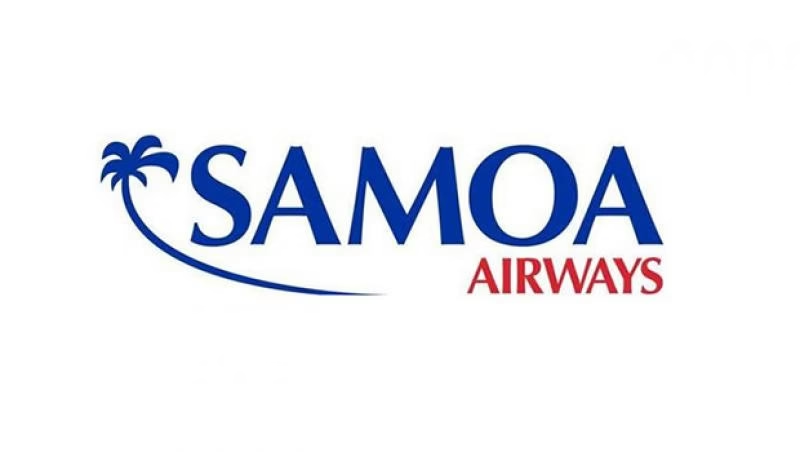The federal government has redefined truth in advertising. Be sure to read the fine print.
How do we know what the price of travel products will be? DOT allows airlines to exclude baggage, seat assignments, and more from airline tickets. The FAA allows at least two levels of safety, not what they claim and promote. And the FTC allows hotels to hide extra fees and keep them out of the advertised price.
These three federal organizations are responsible for truth in advertising. But they have managed to redefine truth in pricing and claim that it is not found in bold-faced prices, but rather consumers should read the fine print. Some protection!
Airfare for a flight is defined as excluding baggage fees and other “optional” charges.
Since 2008, American Airlines has charged a fee for checked baggage. Airlines have since added fees for many different benefits that used to be included in the ticket price. Eventually, after a lot of work behind the scenes, Travelers United got the DOT to define airfares.
Unfortunately, it announced that airfare is the amount it costs to take a passenger from Point A to Point B. Everything extra was “optional”. This opened the door for airlines to charge for checked baggage, seat reservations, telephone assistance and more. Some ultra-low-cost carriers (ULCC) also charge fees for purchasing tickets anywhere other than the airport.
Consumer advocates are still waiting for new ways in which these accessory charges will be purchased in the future.
Federal law claims a level of protection, but the FAA allows loopholes that allow some scheduled airlines to avoid the law.
FAA Headquarters Building
According to FAA regulations, all pilots are required to have 1,500 hours of flying time on designated airlines. The FAA also oversees pilot retirement rules for US-based airlines. These laws were made for the safety of passengers. Almost everyone who waits at TSA security checkpoints at airports assumes that everyone faces the same screening before boarding.
The dirty secret is that there is a whole class of business travelers who bypass security checks, which we find very unpleasant. Additionally, they can avoid the congestion of travelers between big cities and vacation destinations. Where has the truth gone in advertising?
How many travelers know the difference between Part 121 and Part 135 for air traffic? It’s found in the fine print of FAA safety regulations. you are welcome JSX. This is an airline that only exists because of FAA loopholes. Here’s the truth in fine print:
In terms of safety, providing scheduled service under Part 135 falls within the scope of the scheduled-airline safety rules contained in Part 121, including the 1,500-hour limit for the Airline Transport Pilot Certificate (a/k/a First Officer Qualification), the 65-year age retirement requirement, and a minimum rest period without interruption. These and other Part 121 safety rules have kept American aviation the safest mode of transportation in the world, but they do not apply to companies that abuse loopholes in the regulatory system. Operating scheduled flights in this manner meets the FAA’s commitment to a level of safety dating back to the mid-1990s, which required that Part 135 scheduled carriers move to the higher, more stringent Part 121 standard.
In terms of security, passengers flying on these flights are not subjected to the traditional TSA magnetometer and X-ray airport security checkpoints. Instead, passengers are cross-checked against the TSA No Fly List, without further screening. Indeed, avoiding TSA “invasive security procedures” is a major source of time savings and the special “one percent” experience provided by JSX. Yet the security requirements brought forward by TSA since the terrorist attacks of September 11, 2001 are essential to maintaining the security of our nation’s aviation system and our homeland.
We are also concerned about increased emissions and increasing airspace congestion…
The FTC allows hotels to hide extra charges and keep them out of the advertised price. Where is the truth in advertising?
This truth is wrong in advertising.
Travelers United advocates eliminating misleading mandatory hotel fees, often called resort fees. Hotels usually advertise nightly rates per room, but do not indicate whether guests must pay a mandatory ‘resort fee’ until they arrive or receive their final bill. Or, they make the fact that fees are not involved challenging to ascertain.
These fees are commonly called resort fees, but since this is a fee that exists so the hotel can lie about the advertised price, the resort fee has nothing to do with the hotel being an actual resort. In many hotels, these fees are called city fees, amenity fees, destination fees, destination amenity fees, secure fees, or resort fees.
The latest rule from the DOT and FAA is that “resort fees” must be declared, but not as part of the purchase process. This is a half-measures that keeps the consumer guessing.
Passengers are sensitive to the double standards of this advertising. Everyone is looking for a deal, and these people are more likely to miss hidden fees.
Also read:
Secure Fees, nothing but hotel resort fees by any other name
Mandatory Hotel Charges – Misleading, Misleading
Charlie Leocha is president of Travelers United. He has been in Washington, DC for the past 14 years working with Congress, the Department of Transportation and industry stakeholders on travel issues. He was the first consumer representative on the Aviation Consumer Protection Advisory Committee appointed by the Secretary of Transportation from 2012 to 2018.



